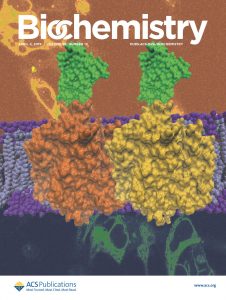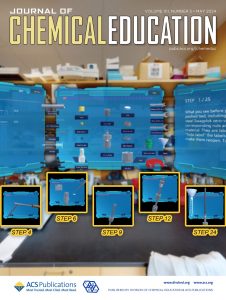Investigating Neurological Disorders at the Molecular Level.
Plasma membrane proteins, notably transporters and ion channels, play a crucial role in regulating the flow of ions and small molecules across cellular membranes. Understanding the intricate mechanisms underlying their function is paramount in various fields, from basic cell biology to drug discovery. Our research focuses on unraveling the mechanisms through which targeted plasma membrane proteins, with a focus on those proteins which transport transition metals including zinc, facilitate ion conduction.
Our integrated approach integrates electrophysiology, fluorescence microscopy, atomic absorption spectroscopy, circular dichroism, computational modeling, and transport assays to develop a robust framework for unraveling the intricacies of plasma membrane protein-mediated ion conduction. Through this interdisciplinary endeavor, we aim to contribute to a comprehensive understanding of cellular physiology and pave the way for novel therapeutic interventions targeting membrane protein dysfunction.
Empowering Education and Workforce Development Through Emerging Technologies.
Augmented Reality (AR) and Virtual Reality (VR) offer transformative opportunities in life science education by providing immersive, interactive experiences. We develop, implement and assess AR tools with a focus on visualizing complex biochemical structures in three dimensions as well as creating new approaches in laboratory training. VR creates simulated environments where students can explore biochemical processes and interact with molecules in real-time, enhancing their understanding of molecular interactions and dynamic processes. These technologies facilitate hands-on learning experiences, enabling students to manipulate molecules, visualize molecular dynamics, and conduct virtual experiments in a safe and controlled environment. Additionally, AR and VR platforms often incorporate gamification elements, making learning more engaging and enjoyable. By leveraging AR and VR in biochemistry education, we can foster deeper comprehension, critical thinking, and retention of concepts among students.



